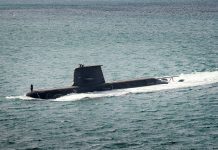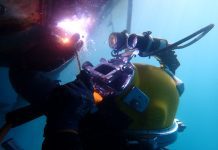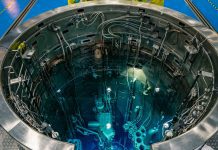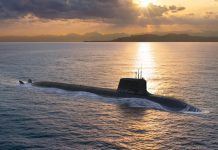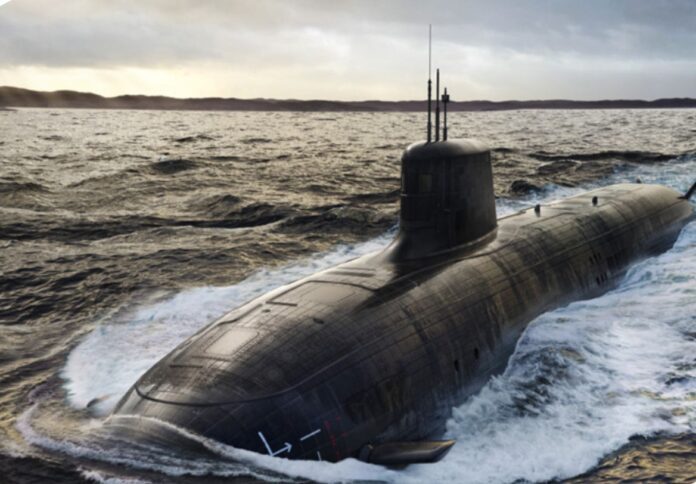
Flinders University recently signed a research and education partnership with the University of Rhode Island to help advance the AUKUS agreement.
The agreement will support Australia’s efforts to produce the skilled workforce needed to deliver on the AUKUS security pact, which includes a phased approach to build Australia’s undersea capability through the acquisition of conventionally armed, nuclear-powered submarines.
Professor Marc Parlange, president of the University of Rhode Island, said the research partnership will advance strategic priorities to collaborate globally; establish connecting points for communities, companies, and government agencies; and drive innovations that can benefit society.
“The AUKUS nuclear-powered submarine program is an unparalleled advanced manufacturing opportunity that will be Australia’s biggest defence investment,” said Flinders University President and Vice-Chancellor Professor Colin Stirling.
“Flinders University is internationally recognized as a leader in advanced manufacturing capability at our innovation campus at Tonsley in Adelaide, South Australia—home to the world’s first fully integrated Factory of the Future and Technical College. Our historic partnership with the University of Rhode Island complements our strengths in modern manufacturing and brings some of the world’s best nuclear education and research programs to Australia,” Stirling added.
The agreement positions URI as the United States university leader in support of AUKUS and opens the door for collaborative research and education programs, information sharing, and relationship building with government industry, as well as the potential for joint events and workshops.
The partnership was signed by Professor Parlange and Professor Stirling during Flinders’ two-day visit to URI’s Kingston and Narragansett Bay campuses. Representatives from the Australian university met with URI faculty members and researchers, as well as representatives from the US Naby and URI partners at MITRE and MIT to discuss upcoming collaboration opportunities.
“This is a big part of continuing to make sure the AUKUS agreement has a legacy that endures. If you build the research base and the student workforce flowing in from all countries, it will become self-sustaining. By building that relationship and that workforce exchange now, at the early research stage, we can ensure we have the technology development base to support those submarines over their lifetime, into the next century,” said Jason Gomez, chief technology officer of Naval Undersea Warfare Centre Division.


